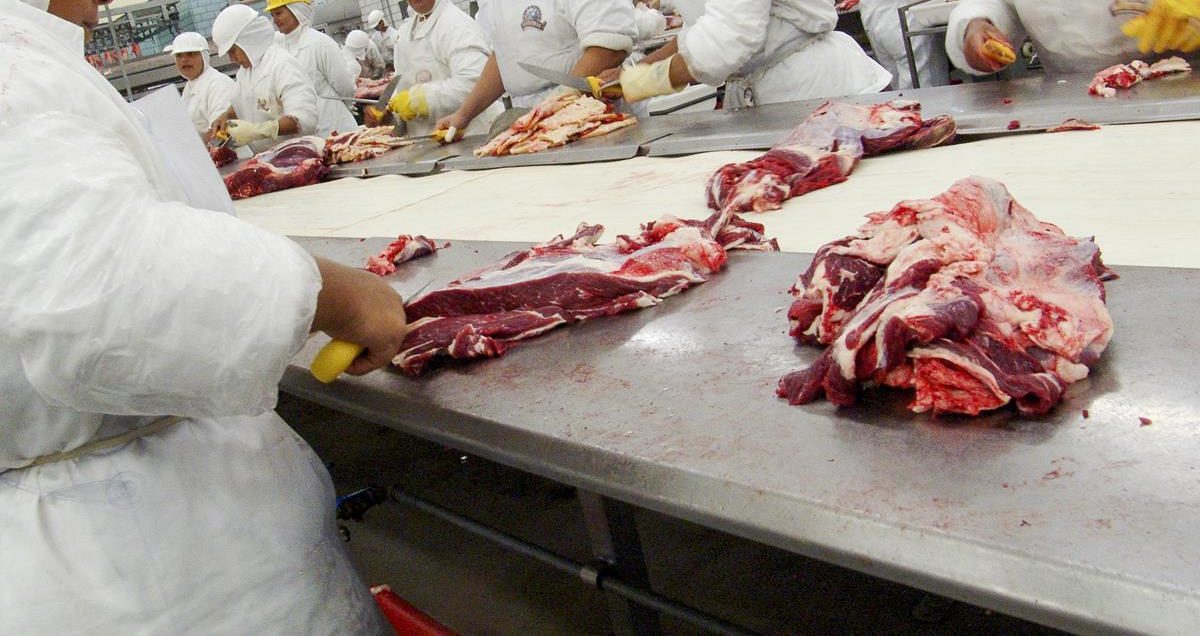842 work permits for foreign-national workers were issued in the agriculture, forestry and fishing sector in the first two months of 2024.
Data provided by the Department of Enterprise, Trade and Employment (DETE) shows that 252 work permits were issued for the sector in January, while 590 were granted in February.
Agriculture, forestry and fishing accounted for around 12% of the 6,874 permits issued during the period.
The sector had the third highest number of work permits, after health and social work (2,520) and information and communication activities (1,104).
1,385 permits were issued for the agriculture, forestry and fishing sector in 2023, down from 4,311 in the previous year.
Agriculture
The data shows that meat processors accounted for a significant amount of the work permits issued in the agriculture sector in the first two months of 2024.
The department issued 190 permits to Dawn Meats Ireland, with 188 of those granted in February.
Anglo Beef Processors Ireland Unlimited Company was granted 134 permits in the first two months of 2024, while Anglo Beef Processors Ireland secured 36 permits.
There were 55 permits issued to Slaney Foods International, 51 for Irish Country Meats, 39 for Kildare Chilling Company and 17 for Liffey Meats Cavan.

The department also issued work permits to companies in the horticulture industry, including Tyholland Mushrooms (47), Tullow Mushroom Growers (44) and Walsh Golden Mushrooms (24).
Minister of State for Business, Employment and Retail, Neale Richmond previously announced comprehensive changes to the employment permits system following a review.
This included increasing the existing quotas for general employment permits for meat processors (1,000), horticultural workers (1,000), butcher/deboners (350) and dairy farm assistants (350).
The minister also increased the minimum salary for meat processors and horticultural workers to €30,000 from January 2024.
Work permits
The employment of non-EEA (European Union and European Economic Area) nationals in the State is governed by the Employment Permits Acts 2003 – 2014.
Under this legislation in order to work in the State all non-EEA nationals require a valid employment permit.
They can also be granted a relevant immigration permission from the minister for justice allowing them to reside and work in the State without the requirement for an employment permit.
According to the department, the Irish State’s general policy is “to promote the sourcing of labour and skills needs from within the workforce of the European Union and other EEA states”.
However, DETE added that where specific skills prove difficult to source within the EEA, an employment permit may be sought in respect of a non-EEA national who possess those skills.
